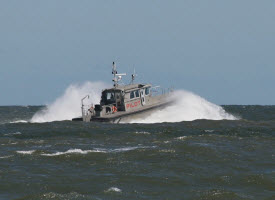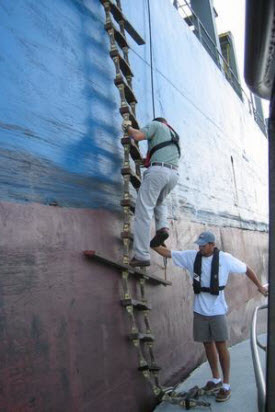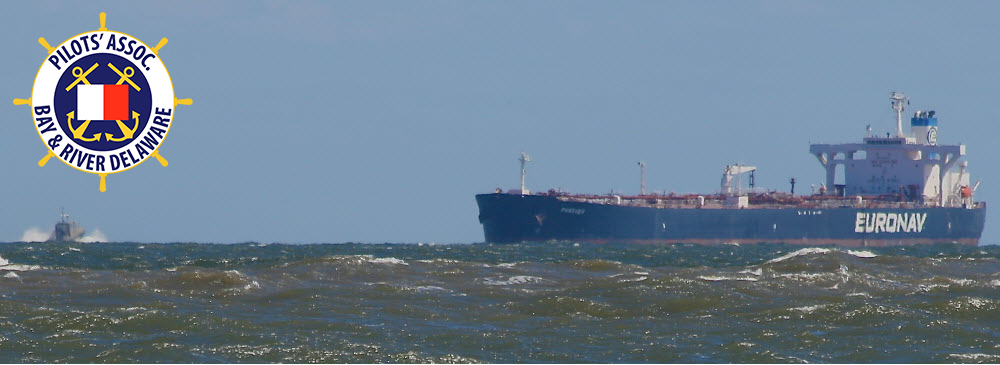Pilots and Maritime SecurityFollowing the attacks of September 11, 2001, substantial new efforts were made to protect the security of US ports and waterborne transportation. Pilots are a critical component of these efforts. Frequently the only US citizen aboard foreign vessels navigating in US waters, a state pilot is in a unique position to observe and report potential threats. On September 25, 2002, the United States Coast Guard and the American Pilots' Association entered into a partnership agreement regarding maritime security. This agreement affirms that state pilots "have a unique awareness and deep understanding of the maritime domain" and commits both the APA and the Coast Guard to "mutually cooperate in enhancing the security of the waters and ports of the United States." The APA membership continues to work with security authorities developing procedures for reporting suspicious activities and participating in Area Maritime Security Committees. State pilots routinely assist local Coast Guard Sea Marshals in implementing security measures. Despite being active participants in the national anti-terrorism efforts, state pilots are careful to maintain their focus on their critical navigation safety functions. They have neither sought, nor have governmental authorities imposed, security-related duties that would interfere with essential piloting activities. |   |

